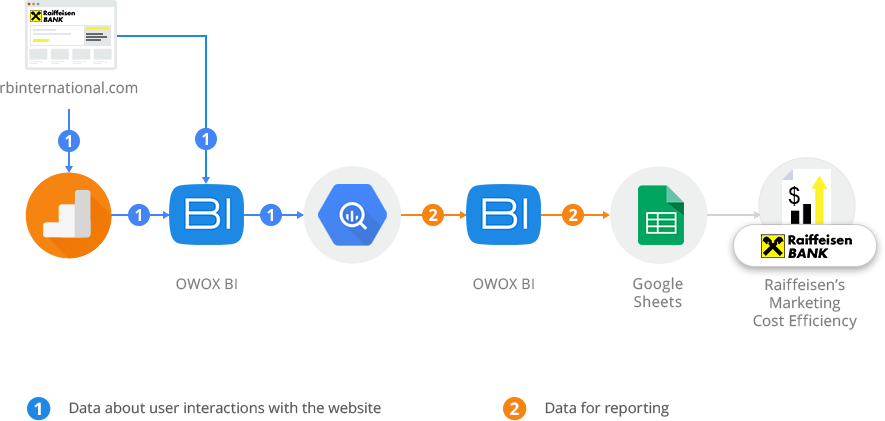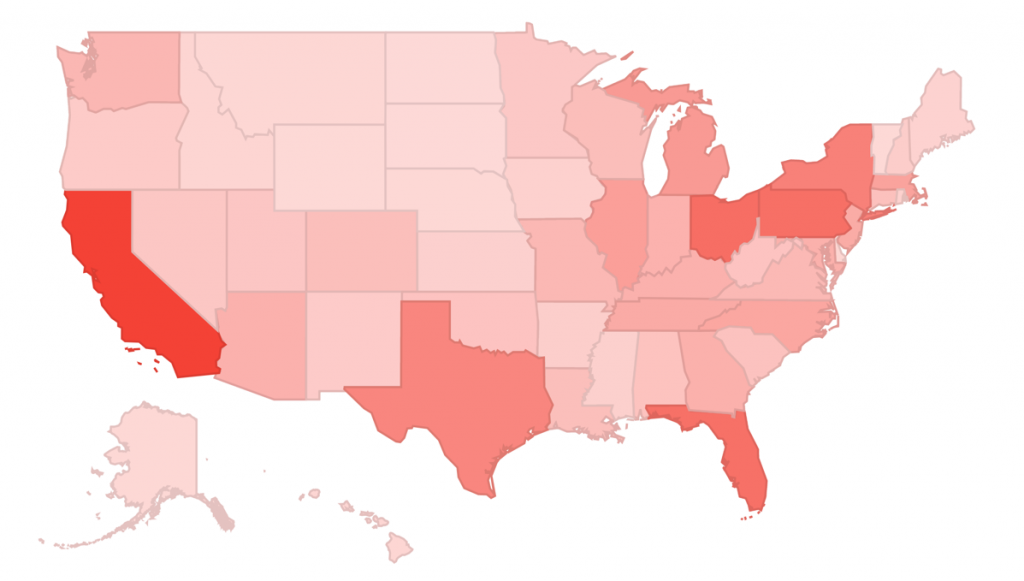 Over the last year or two, I’ve heard quite a bit of discussion spiked with a bit of outrage about two things: copyright policies and privacy policies on websites. While both of these are usually wrapped up in extensive and exhausting legal walls of text known as End-User Licensing Agreements (EULA), Terms of Service (ToS), or by some other wonderfully dry name, this article is about copyright and privacy policies specifically. I’ll write about both, because they intertwine in some interesting ways, especially when you start publishing user-generated content, such as photos, videos, or even blog post comments.
Over the last year or two, I’ve heard quite a bit of discussion spiked with a bit of outrage about two things: copyright policies and privacy policies on websites. While both of these are usually wrapped up in extensive and exhausting legal walls of text known as End-User Licensing Agreements (EULA), Terms of Service (ToS), or by some other wonderfully dry name, this article is about copyright and privacy policies specifically. I’ll write about both, because they intertwine in some interesting ways, especially when you start publishing user-generated content, such as photos, videos, or even blog post comments.
In the case of copyright policies, users of services such as Facebook, especially content creators such as photographers, artists, and musicians, often find themselves aghast at what appears to be a brazen grab at the fruits of their labour. What is usually intended as a way for forums, social media websites, and other websites to legally reproduce and serve to visitors what has been written or shared by others, is often misconstrued due to heavy-handed language that appears to claim more than is strictly necessary for this purpose.
The intent of this series (whose length depends mostly on visitor response, naturally) is to provide some suggestions as to how copyright and privacy policies might be better-handled so that visitors don’t get spooked unnecessarily. No matter how pretty, user-friendly, or useful your website is, all that it takes is a simple misunderstanding to throw everything off the rails, especially if visitors start to share their worries. Today, I’ll be writing about copyright policies on websites in particular.
Explain Your Intent
When presented with the often-harsh, blunt, Latin-laced, and magnificently dry language of the courtroom and the contract, there are so many ways that the average legally-untrained user can misinterpret the intent and language of website copyright policies.
Twitter does something in their Terms of Service that I quite enjoy; they provide ‘tips’ alongside their legal speech to clarify certain things to their users which can become controversial when misunderstood. Here’s an example:

Unfortunately, they don’t do this extensively enough for my tastes, only a few paragraphs are clarified in this manner. They’re heading in the right direction, though.
Another service, a photo-sharing site called 500px.com, goes even further and summarizes each and every paragraph of their Terms of Service in a layman-friendly manner. Here’s an example:

This is much, much closer to the ideal, although I’d have preferred that the Terms of Service themselves be written in a more readable way, rather than requiring separate text to explain them.
Tumblr, a micro-blogging service, also makes it clear in their Terms of Service that users retain their own rights, and then clarifies that any rights a user gives them are just so Tumblr can make that content available to others as you’d expect when you use Tumblr.

Even Facebook has started to take the hint with their own Statement of Rights and Responsibilities, and has started to draft parts of the document in plain language:
In these cases, Twitter, 500px, Tumblr, and to a lesser extent Facebook, have taken the time to explain to their users that the intent isn’t to steal their users’ photos, videos, music, and other content out from under them. The intent and desired effect is to be able to serve user-generated content up to anyone who views that user’s profile, Tweets, posts, etc. on their websites (provided that content is intended by the user to be publicly-viewable) without the website owners getting sued for infringement that was never intended.
While I recommend that all website policies be accompanied with an understandable plain-speech summary of the Terms of Service, the occasional pointer along the way, or be written entirely in commonly-understood language, that doesn’t go far enough. The actual substantive legal text content should also be tailored and constructed to ensure that the rights of the users aren’t threatened by their use of a website.
Don’t Overreach
The other side of the coin, as far as visitor policy perturbation is concerned, is the legal text itself. Some users are either savvier than the average bear, or are part of the tech media and specialize in writing about anything that could spark a controversy conflagration. Either way, you’ve got to make sure your policies don’t bite off more of a user’s rights than they can chew, and that your lawyers don’t get too overzealous in drafting them.
Here’s an example from the CBC, or Canadian Broadcasting Company, of an approach to user-generated content that is quickly becoming antiquated as socially-enabled websites begin to feel the heat:

Not only is this policy presented as a wall of legally-dense text, but it also demands all rights for any use at all, ever, and forces you to waive all rights you had in the content to begin with and give them to the CBC. This is not cool, and could be construed (whether accurately or not) as an attempt to grab and hoard the content uploaded and shared by users.
USA Today’s website takes a similar ‘leave nothing behind and patch all the holes’ wall-of-text approach to their user-generated content policy:
The part of this excerpt that really bothers me is the idea that USA Today can not only use the content you post on their site for any purpose at all, but can also sell it without giving you a cut. Wait, what?
I don’t blame anyone for getting a bit unnerved by this sort of language: on first glance, it appears ridiculously exploitative and unfair. Don’t fall into that category – keep your users happy and comfortable using your service!
Checking The List, Twice
To conclude, I’d like to leave you all with a list of things that I, personally, look for when evaluating a website’s privacy policy:
- Policy states that upon posting, user gives site owner a licence to reproduce contents of post.
- Policy states that site owner may use user-generated content in derivative works.
- Policy clearly explains to user the reasons why certain rights to the contents of the post are needed by the site owner.
- Policy clearly explains and reassures user that the user maintains full ownership rights to their own content, and that the user may cancel the rights given by them to the website on which they’re posting their content by removing all of such content from the website.
- Policy states that user, by posting, grants site owner the right to sub-licence or grant rights to the content to third parties. Again, be specific as to what you need to do with the content and why.
- Policy states that user, by posting, warrants that the user has exclusive ownership of the content that they post, and that by posting, the user is not infringing a third person’s rights to he content of the post or trying to grant rights to the site owner for that content that they don’t actually have. You can’t make decisions about things you don’t own. Unless you’re the government.
- Policy states that the site owner can delete at will, and for any reason, any content at any time as deemed necessary by the site owner.
- Policy states that the user agrees not to post content that is offensive, harmful, Policy states that, once the content is deleted from the website by the user, the website’s rights to that content, originally given to them by the user, are no longer valid, and that any stored copies of the user-removed content will be fully disposed of. If the content has to be archived or backed-up, the policy should state how long it will be archived for, and assure the user that it will not be shared, used or distributed while archived.
Note that this list isn’t intended to be incorporated as is into an actual website policy. Please also note that, while I am very interested in the interactions between the law and the Internet and hold an undergraduate degree dealing with Canadian and Ontarian law, I am not a lawyer, nor do I hold myself out to be a lawyer or to be able, licensed, or insured to offer legal advice, either for free or for a fee.
Talk to a lawyer first before doing anything that a reasonable person think might get you sued, that an unreasonable person might try to sue you for, or doing or using anything that I’ve suggested here – I hear that lawyers like it when you do that.








